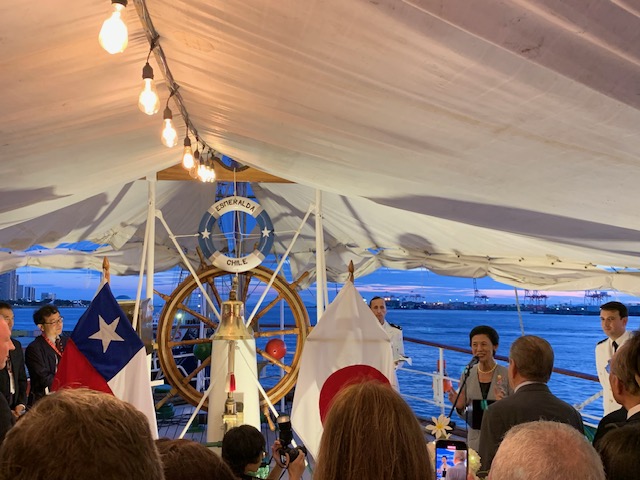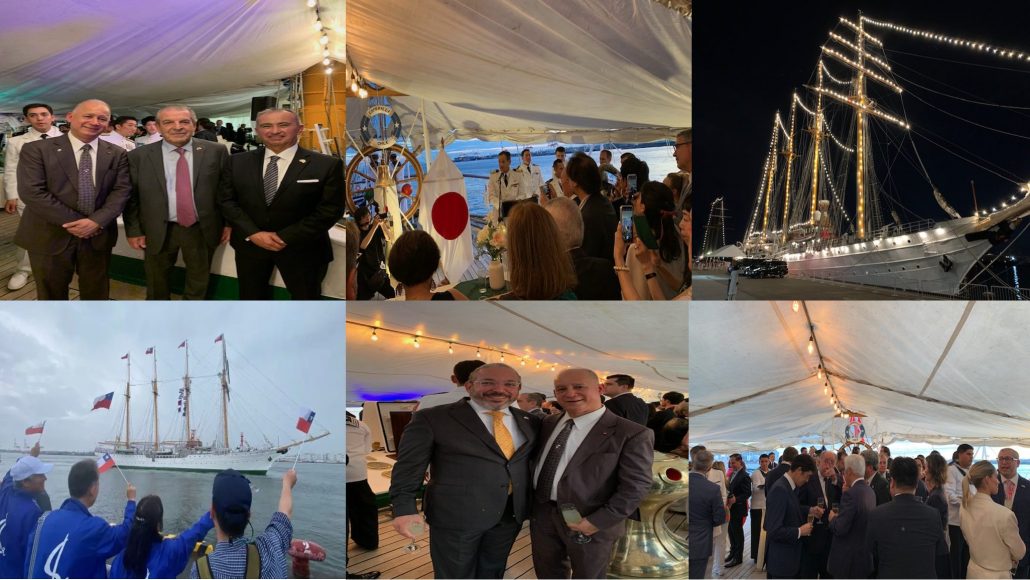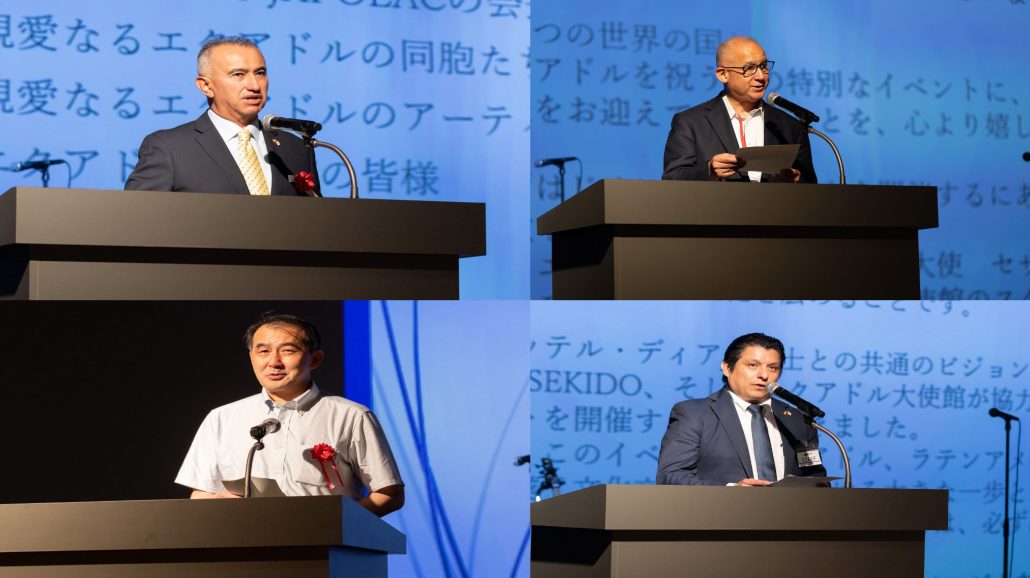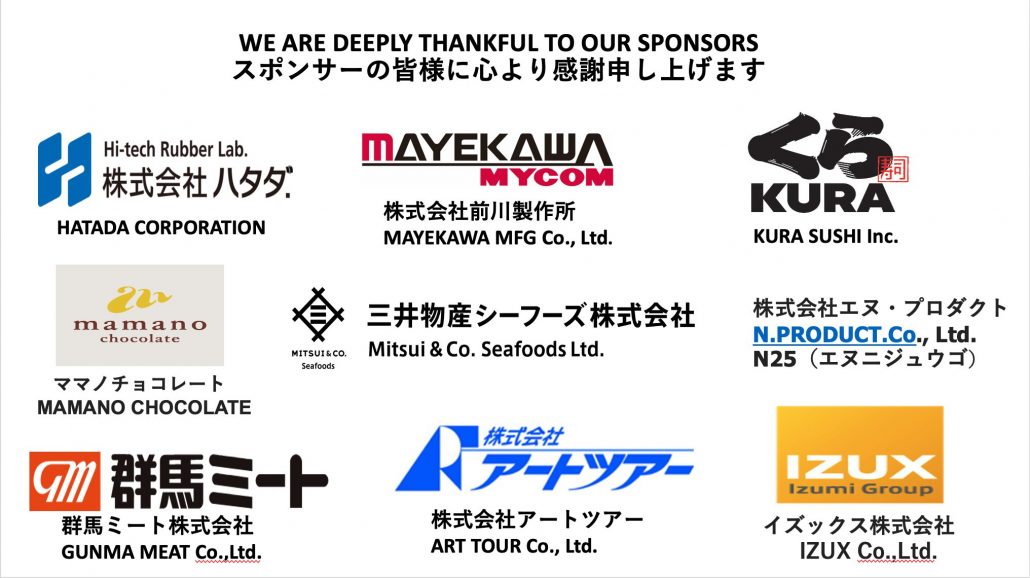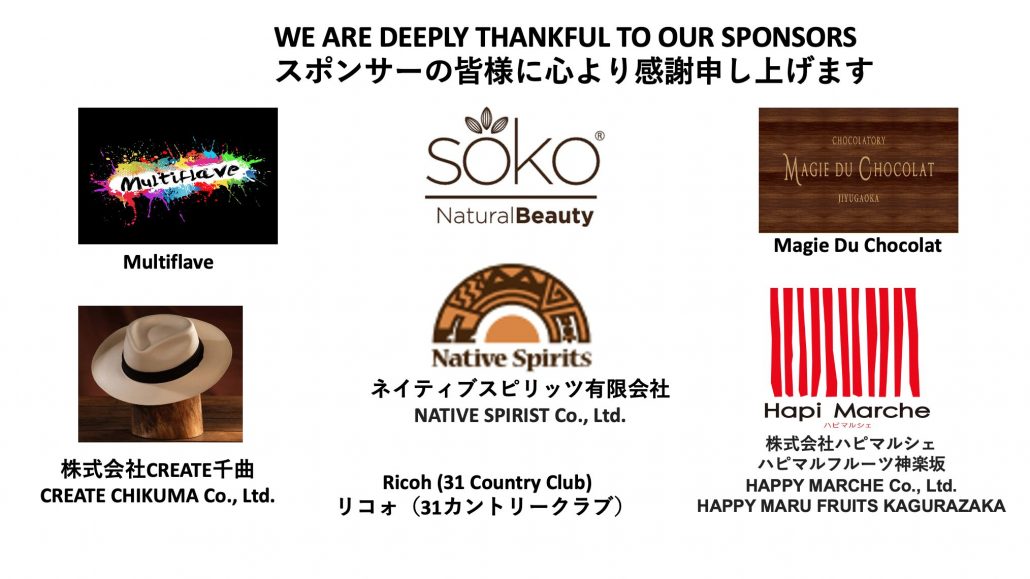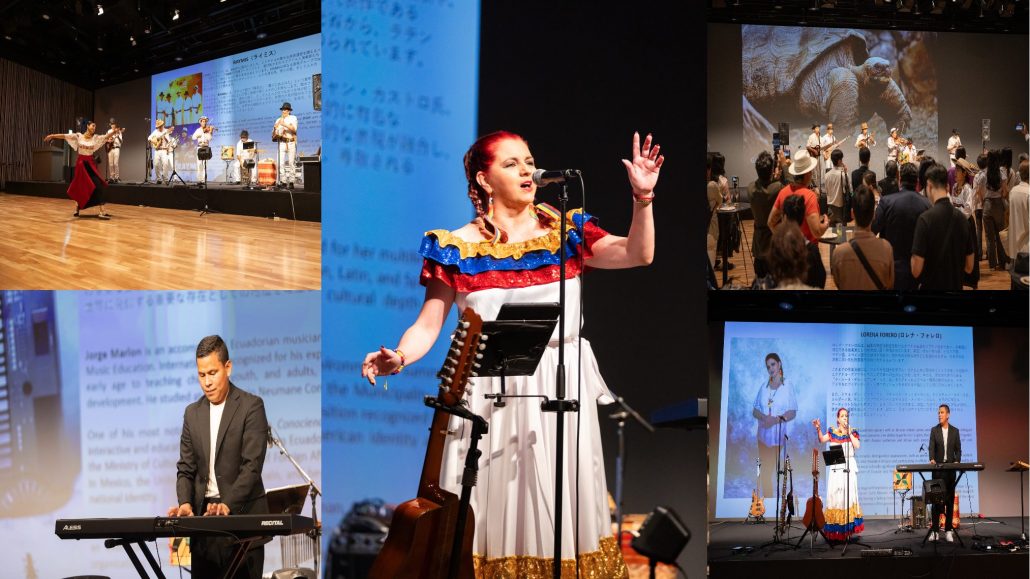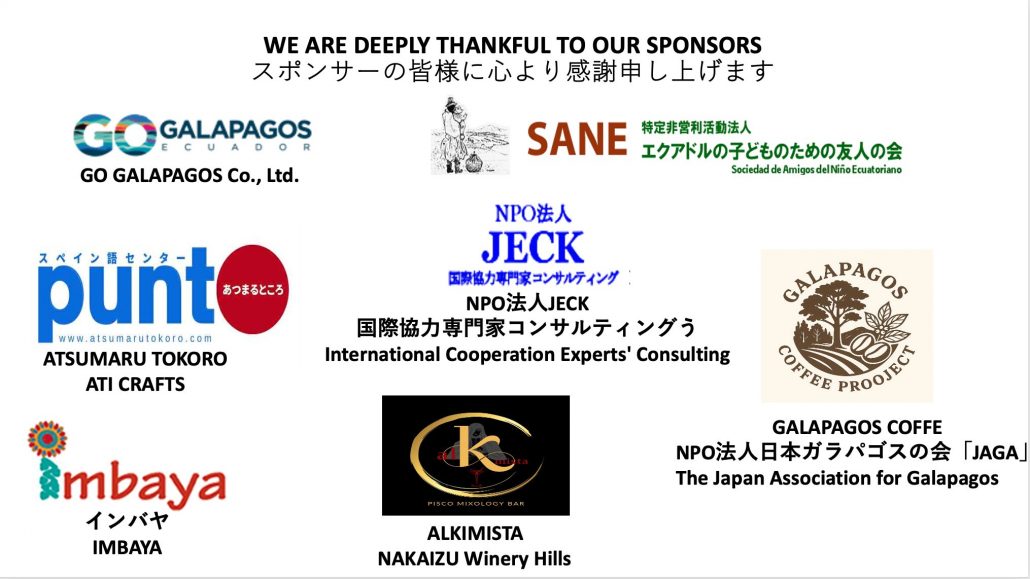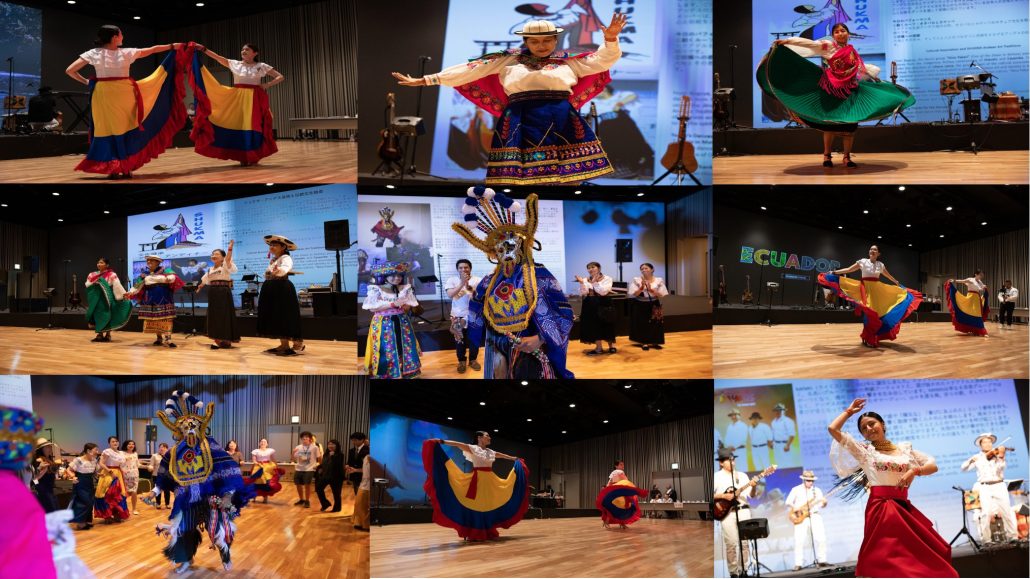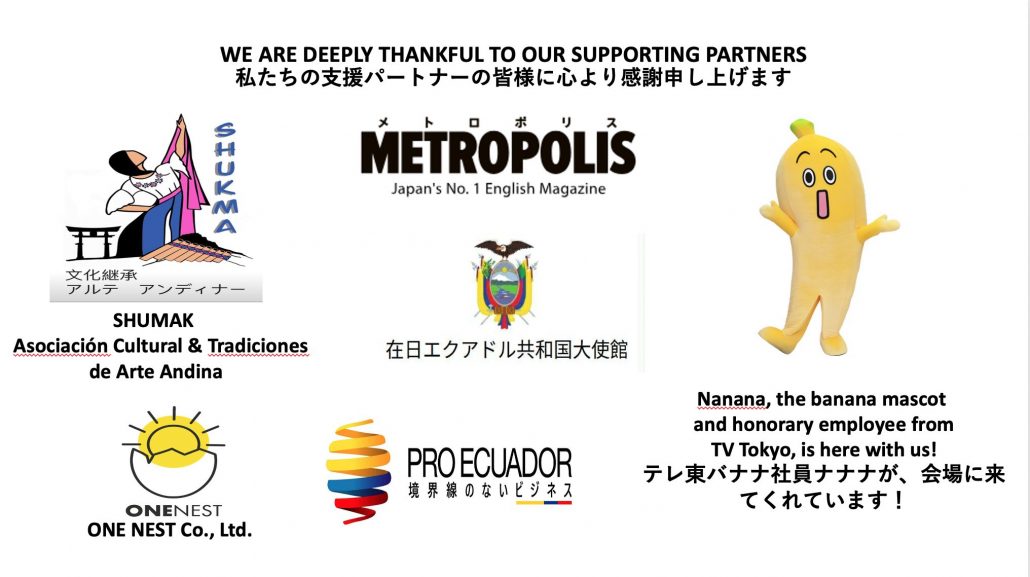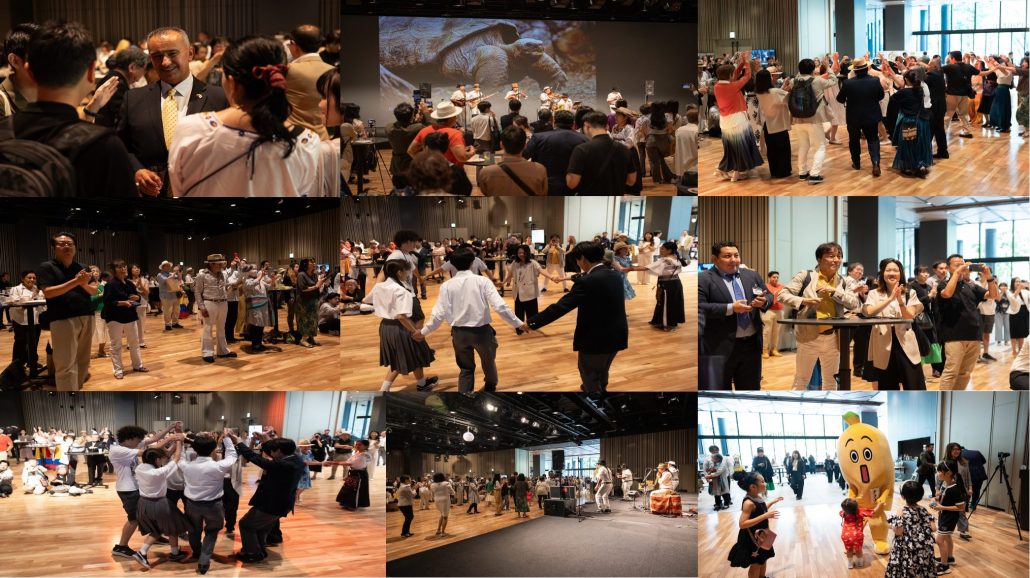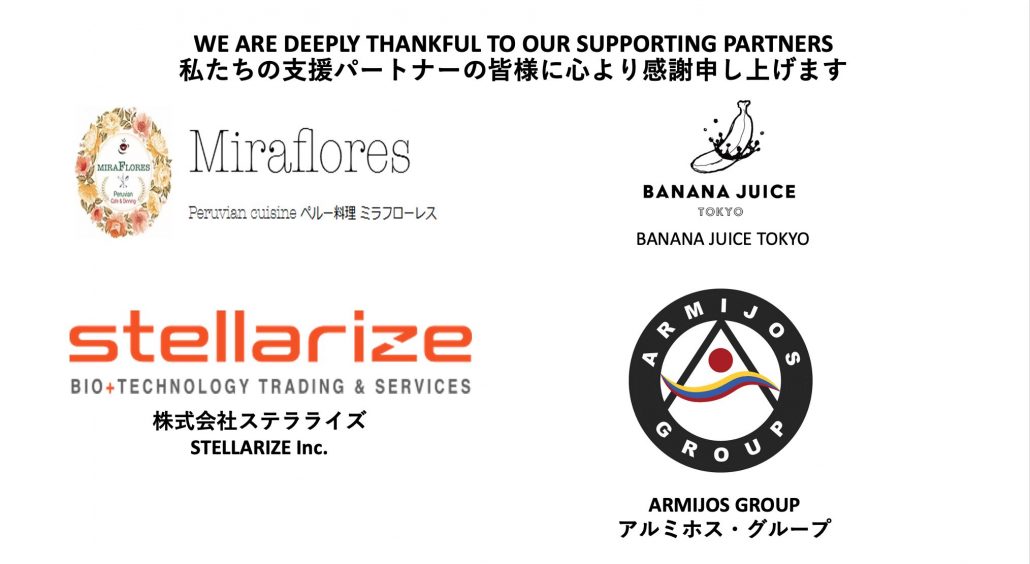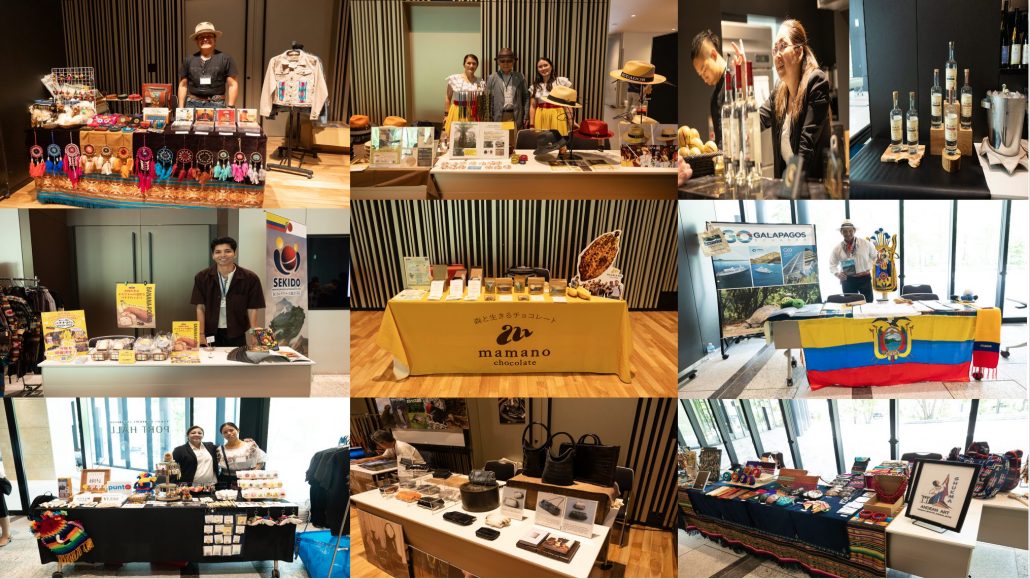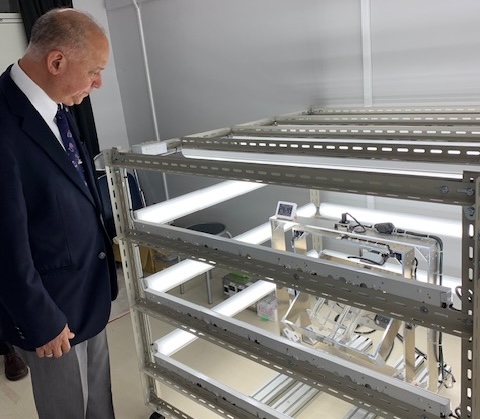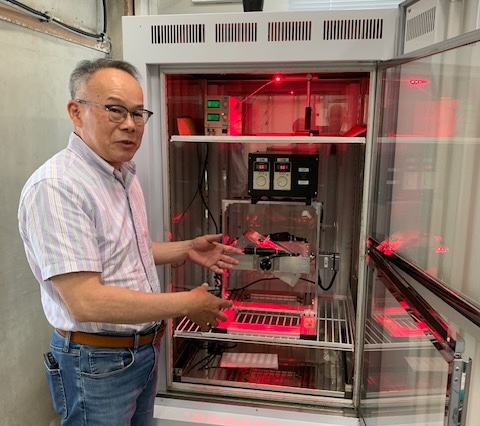The Government of Japan officially launched the Platform for the Expansion of Infrastructure in Latin America and the Caribbean through Public-Private Partnership (PLACIDA), an initiative aimed at promoting Japanese corporate participation in strategic infrastructure projects across the region.
The inaugural meeting of PLACIDA was held on July 17, 2025, at the Mita Kyoyo Kaigisho in Tokyo, bringing together over 130 representatives from diplomatic missions, leading companies, and international organizations. The session was chaired by senior Japanese officials, including Mr. Yasushi Noguchi, Director-General for Latin America and the Caribbean of the Ministry of Foreign Affairs; Mr. Toshinari Takayama, Ministerial Counselor of METI; and Mr. Kenichi Ogasawara, Director of International Projects of MLIT. Ambassadors from various Latin American countries, along with representatives from JICA, JETRO, JBIC, NEXI, and JOIN, also participated.
During the meeting, Japanese authorities highlighted the economic outlook of Latin America and the opportunities for collaboration in resilient infrastructure, clean energy, and logistics projects. PLACIDA is designed to serve as a bridge connecting Japanese companies with Latin American governments and financial institutions, fostering projects that contribute to modernization and sustainability in the region.
Key features of the platform include annual high-level meetings and specialized working groups to identify priority projects, address regulatory frameworks, and mobilize financing. The initiative will also leverage official visits and international forums to consolidate agreements and advance bilateral and regional cooperation.
Latin America is considered a strategic partner for Japan due to shared democratic values, abundant natural resources, and strong human ties, with approximately 1.6 million Nikkei residents serving as cultural and economic bridges. The platform reflects Japan’s renewed commitment to expand its presence in the region of Latin America and the Caribbean, reversing decades of reduced engagement.
JAPOLAC welcomes this initiative, which aligns with and complements the association’s objectives of increasing the presence of Japanese companies in development projects throughout the Latin American and Caribbean region.

